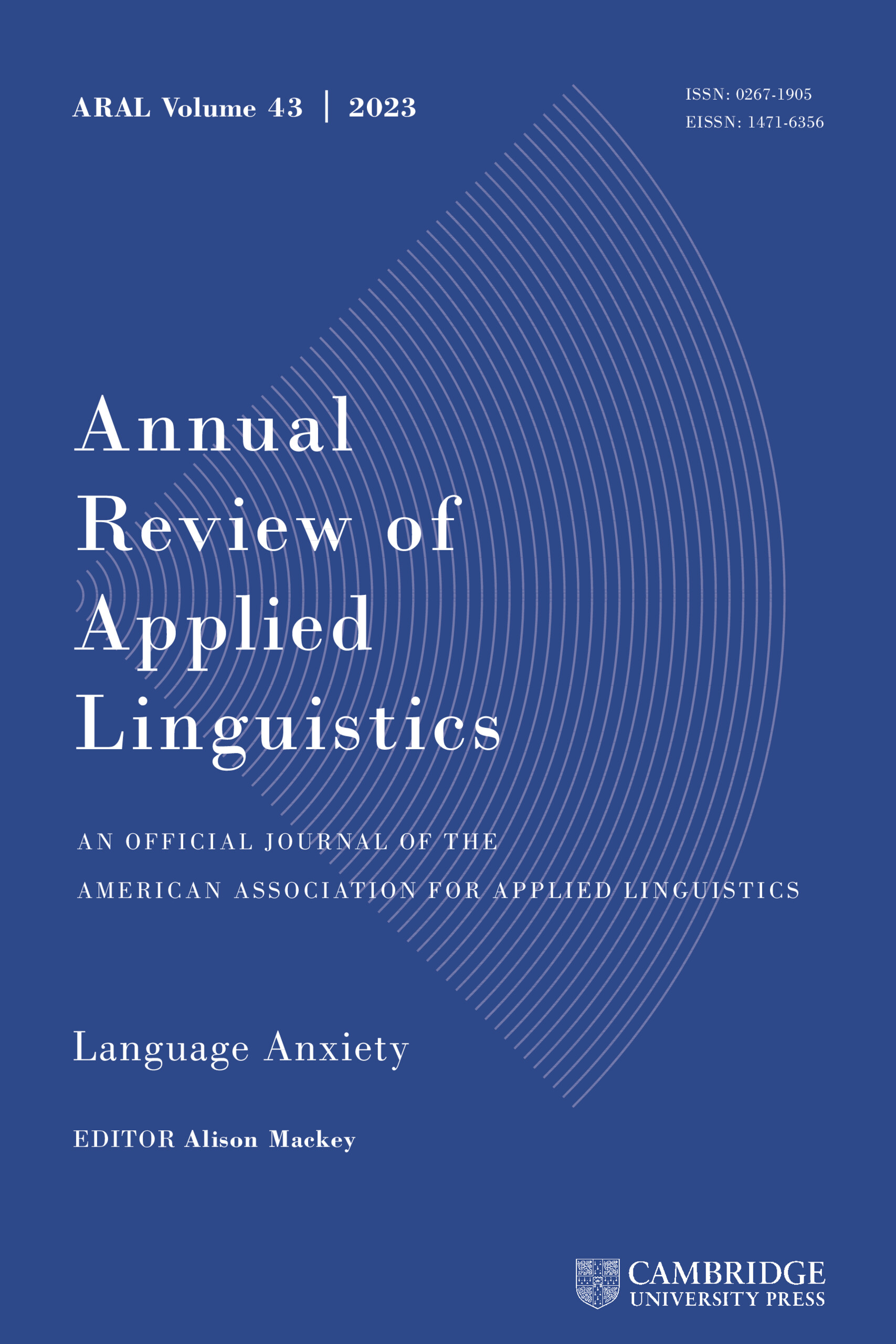Article contents
Social Class in Applied Linguistics
Published online by Cambridge University Press: 13 March 2015
Abstract
Social class is a curious construct. In the discipline where it has traditionally been most at home, sociology, there has been a constant flow of commentary on its demise and, indeed, its death over the years. In applied linguistics, the situation is somewhat different in that there has been a degree of social class denial, but more importantly, there has been social class erasure in that the construct has tended to receive little or no attention in publications that deal with language and identity and social life. Where social class is introduced into research, it is almost always done in a very cursory, partial, and superficial way. Still, there has been some research examining the interrelationship between social class and language over the years, and in this article, I provide a review of that research, focusing primarily on the period 2000–2014. First, however, I include a discussion of what social class means in 21st-century societies and a short review of class-based research carried out from the 1960s to the 1990s, the inclusion of the latter being necessary to an understanding of research after 2000. I conclude the article with some thoughts about future directions.
- Type
- Research Article
- Information
- Copyright
- Copyright © Cambridge University Press 2015
References
ANNOTATED BIBLIOGRAPHY
Block, D. (2014). Social class in applied linguistics. London, UK: Routledge.
This book contains an in-depth theoretical discussion of social class, followed by an exploration of the extent to which social class has been a key construct in three general areas of applied linguistics: sociolinguistics, bi- and multilingualism, and second language acquisition and learning research.
Kanno, Y., & Vandrick, S. (guest eds.). (2014). “Social class in language learning and teaching.” Forum in Journal of Language, Identity, and Education, 13 (2), 85–123.
This forum contains five principal papers plus a commentary piece, all of which focus on social class as a mediating construct in research on identity in language learning and teaching.
Block, D., Gray, J., & Holborow, M. (2012). Neoliberalism and applied linguistics. London, UK: Routledge.
This is the most explicit integration of political economy with applied linguistics to date. It contains multiple references to social class, including an entire chapter about class (Chap. 4).
Rampton, B. (2006). Language in late modernity: Interaction in an urban school. Cambridge, UK: Cambridge University Press.
This book is primarily about linguistic ethnographic approaches to interaction taking place in urban school settings in London, but it also contains four lengthy chapters (6–9) on social class, which constitute the best discussion of the construct for interactional data analysis published to date.
REFERENCES
- 53
- Cited by


